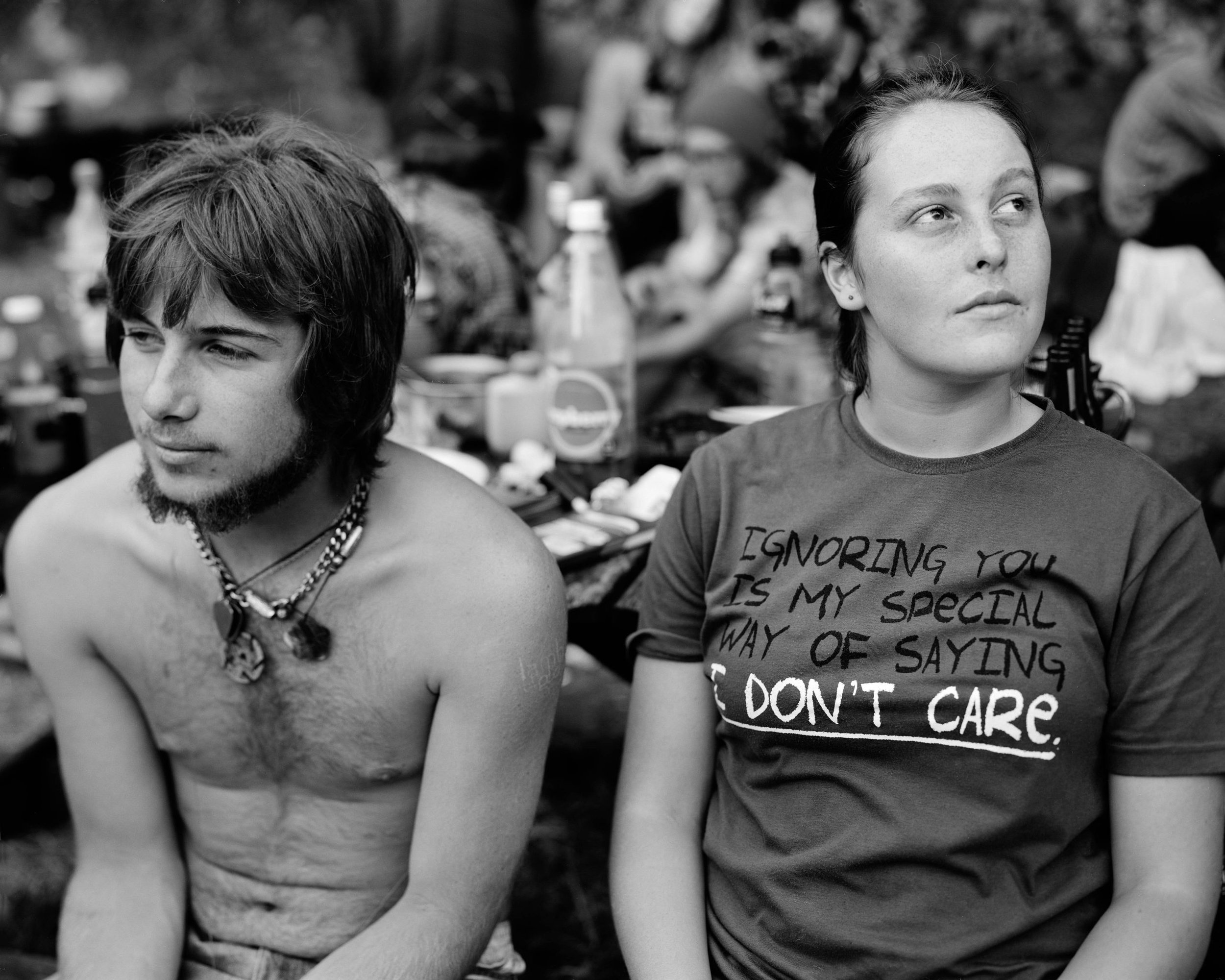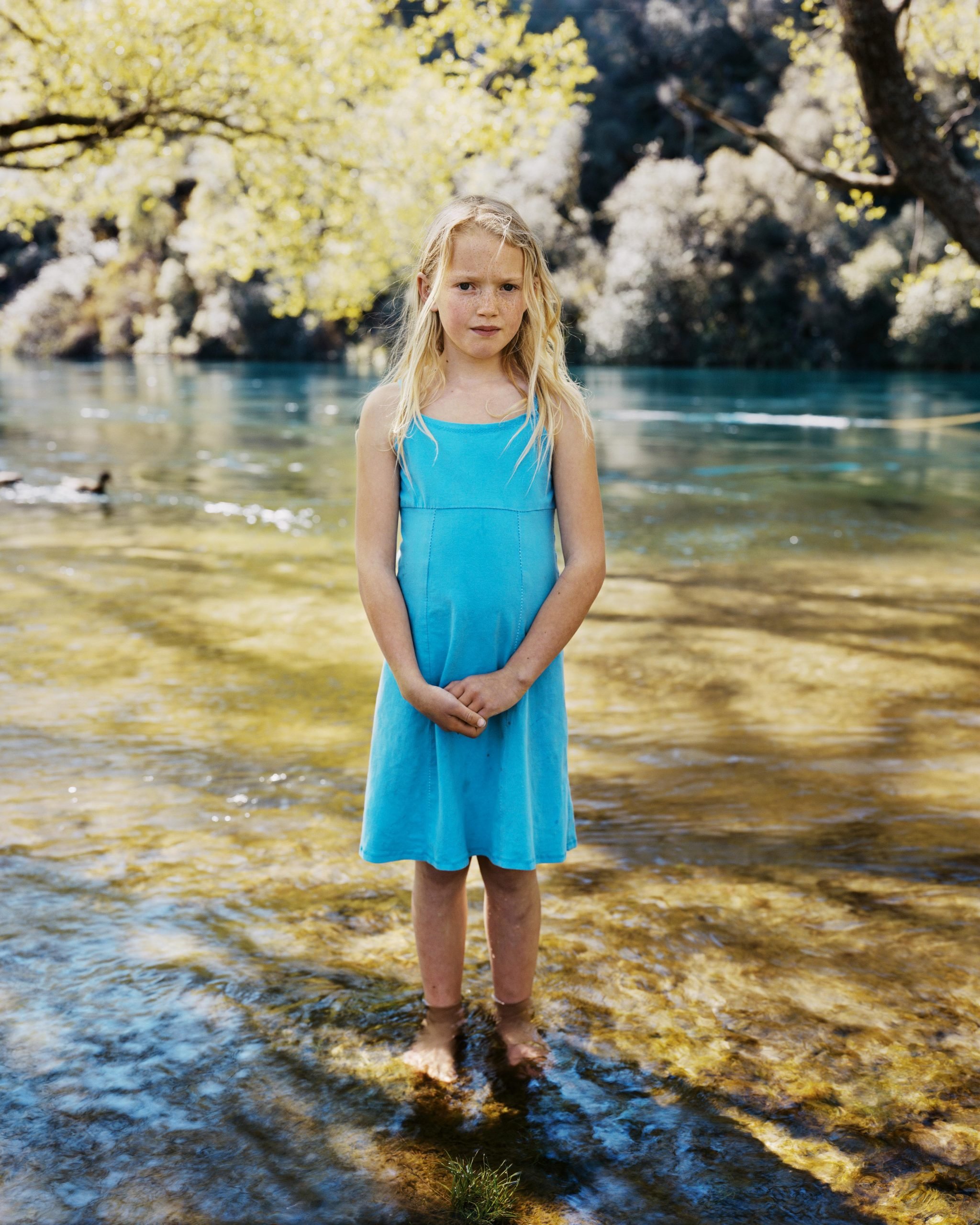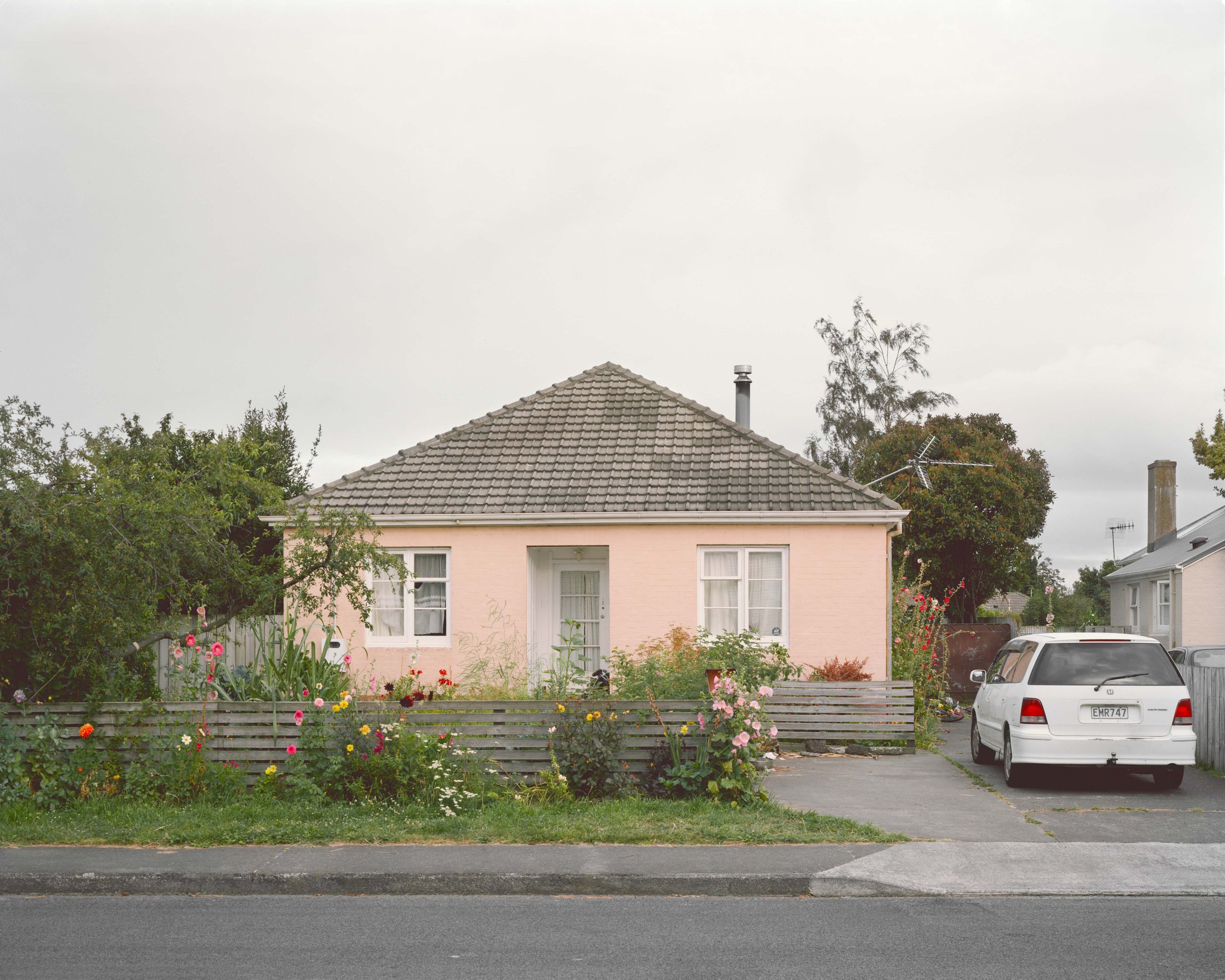DEREK HENDERSON
Interview by Jake Mein
March 2019
The first of an ongoing series of interviews between photographers.
Is there a scene that sticks in your memory that you wanted to take a picture of but weren’t able to?
There are times when I see someone and I really want to go up to them and ask if I could take their picture. But something stops me.
Do you have a favourite body of work & why?
My favourite body of work is the one or one’s I’m working on now. I get pretty sick of my own images most of the time. It’s not that I don’t like them it’s that I’ve finished with them, I’m always thinking about the next thing. New projects or commissions are what stimulates me.
Is there a project you’re working on at the moment you can talk about?
I’m working on a series about people’s homes. They are mostly very humble abodes but the owners have taken particular care of something small you might miss if you didn’t take a closer look. It’s in the details. I also like what appears at first to be repetition.
You have always been hugely interdisciplinary in terms of your photographic practice; I think people would struggle to pigeonhole you into one category. Is this something you’ve consciously worked on & why do you think it is important to have a variance in what you do?
I think for one thing it would be boring to repeat yourself. In saying that I think my personal work or work I exhibit has a consistency to it. I’m interested in the human condition. Most of my pictures are of how we struggle with being human and how we treat each other. I don’t want my images to be overly dramatic; I prefer that you have to look at one of my images for a while or over and over again to see what I see.
What is it about Aotearoa that brings you back to make these bodies of work?
That I feel familiar with the landscape and can construct images that tell a story of who we are but at the same time could be universal in appeal. It’s a visual language I have developed over the years for me that I try and make sense of things. I also don’t mind if it doesn’t make sense, not everything needs explaining.
Why is the mundane beautiful?
I think mainly because it’s overlooked, the familiar can sometimes appear boring at a glance. You have to peel back the layers sometimes to really see what’s going on. Or it may be that I just like the form of something and it reminds me of something else. It then is no longer the object I photographed.
Six things that influence your work?
1. Miles Davis, the noise he can make with a trumpet.
2. Dune the film by David Lynch
3. David Sylvian’s song Orpheus
4. E.M. Cioran ‘The real writer writes about being, things, events, he does not write about writing, he uses words but does not linger over them, making them the object of his ruminations. He will be anything and everything except an anatomist of the word. Dissection of language is the fad of those who, having nothing to say, confine themselves to the saying.’
5. Just about any film by the Cohen Brothers.
6. Charles Bukowski
See more of Derek’s work at www.derekhenderson.net
















